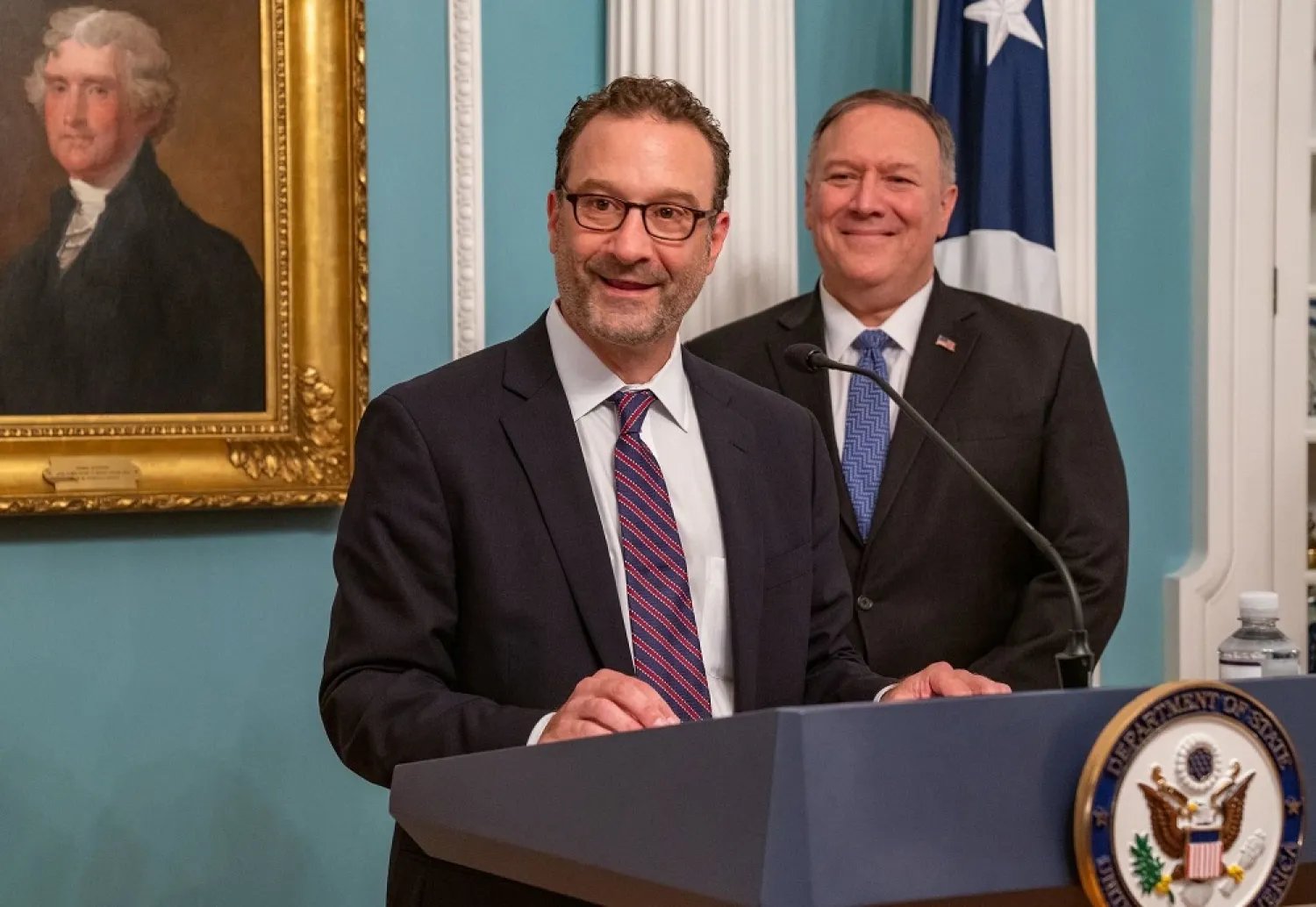Former US assistant secretary of Near Eastern Affairs, David Schenker revealed that the administration of ex-President Donald Trump had tried to hold direct talks with the Iran-backed Houthis in Yemen before designating the militias a terrorist in January.
In an interview with Robert Sotloff for the Washington Institute, he said that the administration tried to hold the talks with the Houthis, through an Omani mediator, in late December 2020. The militias, however, rejected the proposal.
“As to the controversy surrounding the designation of the Houthis, as of December 30, [then US Secretary of State Mike] Pompeo was I believe still considering the designation and was engaged with the ngo community,” which expressed concern over the designation, said Schenker.
“We felt we could mitigate the impact of the sanctions through waivers. The US Department of Justice would never prosecute humanitarian organizations for inadvertent leakage to the Houthis,” he added.
“And then on December 30 the Houthis carried out a missile attack against Aden airport in an attempt to kill the entire new Yemeni government just then arriving my plane. And that was it. They were designated,” he stressed.
“The Houthis meet the criteria of a foreign terrorist organization,” he said, citing the direct support they receive from the Iranian Revolutionary Guards, targeting of Yemeni civilians, Saudi infrastructure and oilfields and members of the legitimate Yemeni government, abduction of officials and civilians, recruitment of children and killing of innocents.
He said Yemen has suffered several tragedies due to the Iranian support for the Houthis, adding that he has worked tirelessly, during his time at the State Department, with Saudi officials, including Ambassador to the US Princess Reema bint Bandar bin Sultan bin Abdulaziz and Deputy Defense Minister Prince Khalid bin Salman.
“Along the way, Saudi Arabia announced a few unilateral ceasefires (…) and also donated several hundred million dollars to help feed Yemenis. The problem wasn’t the Saudis, it was and remains the Houthis, who one, lie, two, don’t keep agreements, and three, are committed to winning this war militarily,” Schenker stated.
On the designation, he remarked: “This was not about Secretary Pompeo salting the earth. I tried to meet with the Houthis during my trip to Oman in December. Abdulmalek al-Houthi gave the Omanis the message to me that they were not interested in engaging directly at that time with the administration.”
“As for critics who warned that the designation would drive the Houthis into the arms of Iran, it is a little late. The Houthis are already firmly in bed with the IRGC and for those keeping score, the Houthis have responded to their delisting by increasing escalation exponentially their operational tempo of their attacks on Saudi Arabia. Get ready, they eventually may look to target Israel,” he revealed.
He cited the constant optimism of UN envoy to Yemen Martin Griffiths, noting that he is now joined newly-appointed US envoy and veteran diplomat Tim Lenderking.
“I am optimistic about the combination,” said Schenker.
Meanwhile, Jonathan Schanzer, senior vice president for research at the Foundation for Defense of Democracies, said that President Joe Biden’s measures will not help end the war in Yemen “because the US does not have concessions to offer to the Houthis, who now have less incentive than before to make compromises.”
In televised remarks, he noted: ““What the Biden administration has done is, it has taken the military option off the table for the United States, even by way of proxy through the Saudis.”
The US also removed the Houthis from being designated as a foreign terrorist organization, and took them off the Specially Designated Global Terrorist list.
“What is left right now is diplomacy,” Schanzer said, according to CNBC.
“The reality that we are now facing is that we’ve taken really all of our other leverage off the table, and we’re simply going to hope that an Iran-backed militia will come to the table and act reasonably,” he said. “Unfortunately, I think this is wishful thinking.”
He noted that the Houthis have stepped up strikes even though the US special envoy to Yemen, Timothy Lenderking, has implored them to negotiate.
Schanzer said Saudi Arabia’s continued military operations could be “one of the few pieces of leverage” that the US could use in discussions with the Houthis.
Still, he acknowledged that there is an aversion to being involved in the conflict. “It looks … as if the Biden administration has itself tied in knots a bit,” he added.









